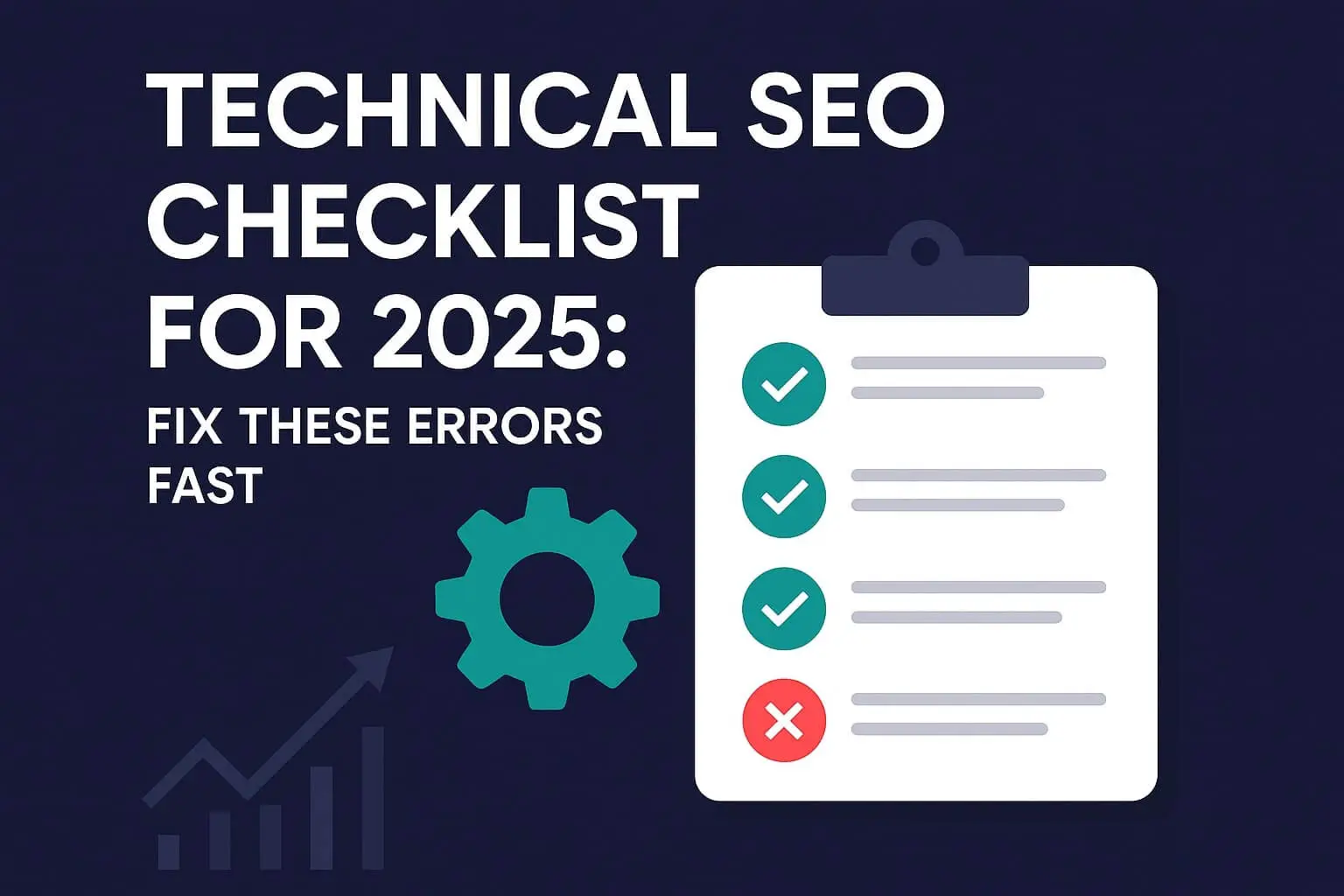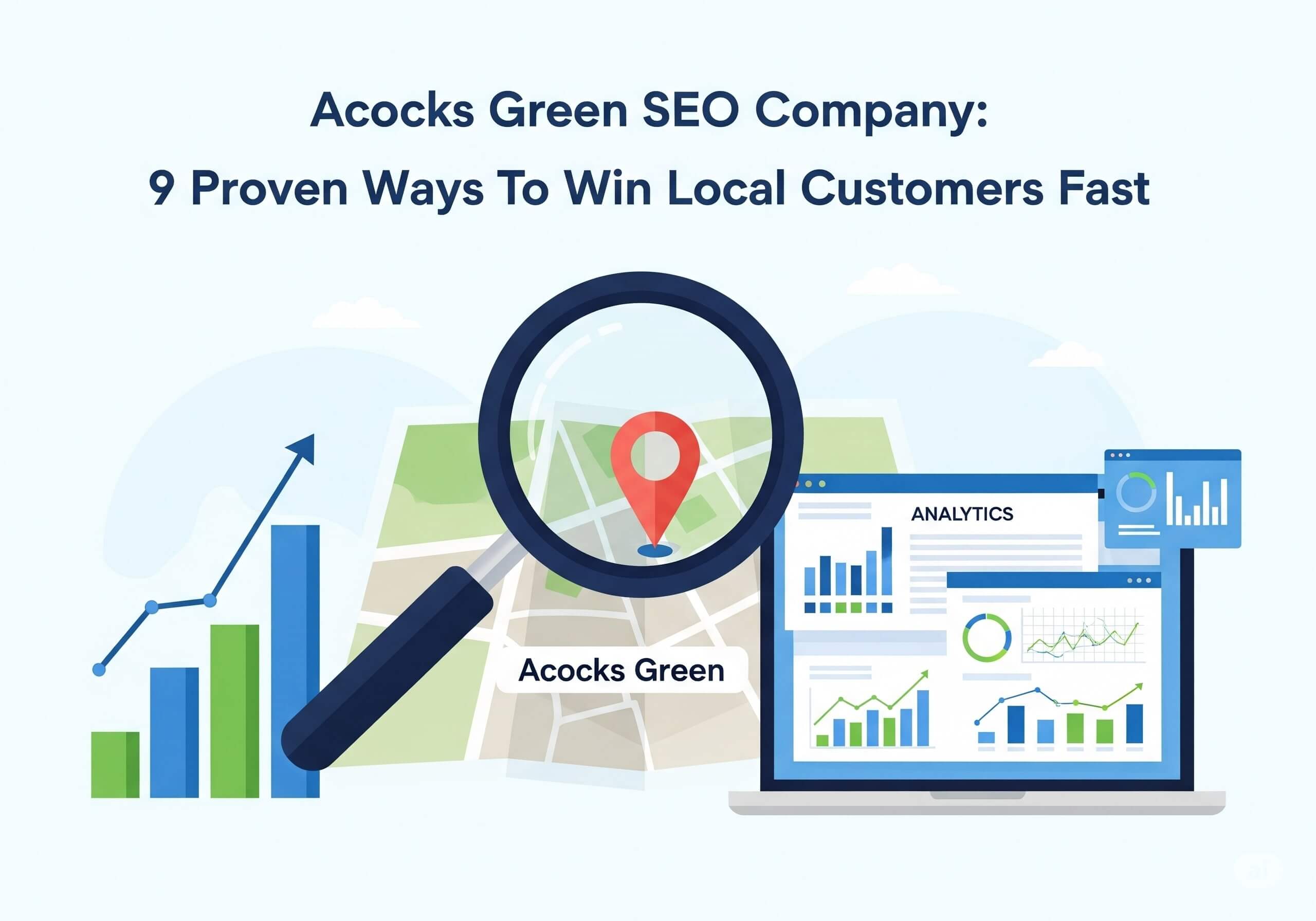
If you’ve been doing SEO without the SEO Magnifier framework, you’ve probably felt the frustration:
Endless keyword research.
Writing blog after blog.
Building backlinks that never move the needle.
And still, your rankings crawl at a snail’s pace.
Here’s the truth: SEO isn’t about doing more work it’s about magnifying the work you’re already doing. That’s where the SEO Magnifier Framework comes in.
Instead of grinding harder, this framework shows you how to take one piece of effort and multiply its impact across content, authority, and visibility. Think of it as a magnifying glass for your SEO strategy focusing the light until it burns hotter and faster.
What Is the SEO Magnifier Framework?
The SEO Magnifier Framework is a system designed to amplify your SEO results without multiplying effort or budget. It’s about leverage making sure every blog post, backlink, or technical tweak works 10x harder.
Most SEO strategies are broken because they follow a linear growth model:
Write more blogs → hope for more traffic.
Build more links → hope for more authority.
Spend more time → hope for better results.
But this grind-first approach is outdated. Search engines have evolved, and so have the strategies that actually work.
The Magnifier Mindset flips the script: instead of adding more, you optimize and amplify what you already have. A single blog can become five assets. One strong backlink can do the work of fifty. A single technical upgrade can boost your entire site. That’s the power of magnification.
Why Most Businesses Fail at Scaling SEO
Most businesses never break through to page one because they confuse activity with progress. They’re busy, but they’re not effective. Here’s where they go wrong:
1. Overproducing Content Without Strategy
Churning out dozens of articles that don’t connect to each other or target user intent. Google doesn’t reward quantity it rewards relevance and depth.
2. Chasing Low-Quality Backlinks
Buying cheap directory links or spamming comments. One relevant, high-authority backlink is worth more than 100 weak ones.
3. Ignoring Technical Foundations
Even with great content, if your site is slow, unoptimized, or poorly structured, Google won’t rank it.
4. Burning Resources Without Compounding Results
SEO should compound, like interest. But most strategies reset every time you hit publish, instead of building momentum around clusters and authority.
The Core Principles of the SEO Magnifier Framework
The SEO Magnifier Framework is built on five powerful multipliers. Think of them as lenses that focus your efforts until every action delivers outsized results.
1. Content Magnification – Repurpose & Distribute
One blog post doesn’t have to live and die on your website. A single article can be transformed into:
A LinkedIn post.
A Twitter/X thread.
A YouTube short.
An Instagram carousel.
An email newsletter.
This isn’t new content creation it’s content multiplication. Each format brings your message to a new audience, while all roads lead back to your original piece.
2. Topical Authority Magnification – Build Clusters, Not Islands
Google favors websites that own a topic, not those that dabble in a hundred. That’s why clusters work.
Example: If your pillar keyword is “SEO Services in Lahore”, supporting articles could include:
“Local SEO Checklist for Lahore Businesses”
“Best On-Page SEO Practices for Pakistani Websites”
“How to Improve Google Maps Rankings in Lahore”
Each page interlinks with the pillar, strengthening authority. Instead of isolated posts, you now have a content ecosystem.
3. Backlink Magnification – Focus on High-Authority Multipliers
You don’t need thousands of backlinks — you need the right ones. A single mention from a trusted industry site, a university, or a local authority can outweigh dozens of generic links.
Strategies include:
HARO (Help a Reporter Out).
Digital PR campaigns.
Guest posts on niche-relevant, high-DA blogs( most used).
Think sniper rifle, not shotgun.
4. Technical Magnification – Small Fixes, Big Payoffs
Technical SEO isn’t sexy, but it’s the silent multiplier. Fixing one issue can lift your entire site.
Improve Core Web Vitals → boosts all pages.
Add schema markup → enhances visibility across SERPs.
Optimize for mobile-first indexing → unlocks better rankings everywhere.
One technical tweak = site-wide benefits.
5. Behavior Magnification – Make Google See Engagement
Google rewards pages that users love. The Magnifier Framework optimizes for human signals like:
Higher CTR (through compelling titles + meta descriptions).
More dwell time (with engaging formatting, visuals, and examples).
Lower bounce rates (through clear CTAs and strong internal linking).
When people stay, click, and interact → Google pushes your content higher.
Step-by-Step Guide to Implementing the Framework
Now that you understand the principles, here’s how to put the SEO Magnifier Framework into action.
Step 1 – Choose Your Core Keyword & Pillar Topic
Start with one high-value keyword. Example: “SEO Services in Lahore.”
This becomes your pillar page. Every other piece of content will support and strengthen this hub.
Step 2 – Create a Content Hub That Scales
Write one authoritative pillar page (2,000+ words). Then build 5–10 supporting articles that interlink back.
This creates a content cluster — a signal to Google that your site is the authority on that subject.
Step 3 – Magnify Reach Through Content Repurposing
Don’t stop after hitting publish. Break your content into smaller assets:
Blog highlights → LinkedIn post.
List points → Twitter thread.
Explainer → YouTube short.
Visual summary → Instagram carousel.
Each piece works as a feeder to your main page.
Step 4 – Acquire Authority Backlinks Efficiently
Instead of link spamming, use leverage tactics:
Respond to journalist requests (HARO).
Pitch guest articles to relevant blogs.
Build relationships in your niche for natural mentions.
Just a few strategic backlinks can skyrocket your pillar page.
Step 5 – Optimize Technicals for Compounding Growth
Run a technical audit:
Fix speed issues.
Add structured data/schema.
Optimize mobile experience.
Ensure clean URL structure + sitemap.
These fixes ripple across your entire website, magnifying all efforts.
Step 6 – Automate & Track
Finally, put your SEO on autopilot where possible:
Automate content scheduling.
Use AI tools for outlines, repurposing, and idea generation.
Track KPIs (rankings, CTR, conversions) to double down on what works.
Automation ensures you scale without burning out.
SEO Magnifier vs. Traditional SEO: What’s the Difference?
To see why this works, let’s compare:
| Traditional SEO | SEO Magnifier Framework |
|---|---|
| Write dozens of blogs, hope they rank | Write one pillar + supporting cluster for authority |
| Buy cheap backlinks | Acquire a few high-authority backlinks |
| Publish once and move on | Repurpose content across platforms |
| Focus on quantity | Focus on leverage |
| Linear growth (slow ROI) | Exponential growth (compounding results) |
Traditional SEO is like pushing a heavy cart uphill. The SEO Magnifier Framework is like attaching an engine — you move faster with less strain.
Tools & Resources to Power the SEO Magnifier Framework
To implement this framework efficiently, here are the best tools you can use:
AI Writing Assistants: ChatGPT, Jasper – for drafting, ideation, repurposing.
Keyword Cluster Tools: SurferSEO, Keyword Cupid – for building topical authority maps.
Backlink Tools: Ahrefs, SEMrush, Moz – for link prospecting and tracking.
Content Repurposing Platforms: Canva (visuals), Repurpose.io (social snippets), Descript (video repurposing).
Technical SEO Tools: Screaming Frog, Sitebulb, Google Search Console.
When combined, these tools act as multipliers — saving time while boosting output.
Want us to apply this framework on your website? Hire our SEO Services and see the results yourself.
Common Mistakes to Avoid When Applying SEO Magnifier
Even with a strong framework, businesses sometimes stumble. Here’s what NOT to do:
1. Over-automation without quality control
AI is powerful, but it can’t replace human insight. Always fact-check and edit.
2. Thin content clusters
A “cluster” of shallow 300-word blogs won’t cut it. Depth + interlinking matter.
3. Ignoring user intent
If your content doesn’t match what people are really searching for, it won’t rank no matter how optimized it is.
4. Forgetting about brand-building
SEO isn’t just rankings. Your content should build trust, voice, and brand presence. Avoid these mistakes, and you’ll see magnified results.
FAQs About the SEO Magnifier Framework
Q1: Can small businesses use this framework?
Answer: Absolutely. In fact, small businesses benefit most it helps them punch above their weight without spending big.
Q2: How long does it take to see results?
Answer: Most sites see measurable improvements in 60–90 days, depending on competition and execution.
Q3: Do I need backlinks, or can content alone work?
Answer: Content can move the needle, but high-authority backlinks act as a force multiplier. Even a few can make a big difference.
Q4: Is automation safe for SEO?
Answer: Yes, as long as it’s used for efficiency, not shortcuts. Automate repurposing, scheduling, and reporting but keep strategy and editing human-led.
Conclusion: Magnify, Don’t Multiply
The future of SEO isn’t about doing more. It’s about making every action work harder. The SEO Magnifier Framework is your shortcut to exponential growth:
Repurpose your content.
Build topical clusters.
Secure authority backlinks.
Fix technical foundations.
Optimize for user behavior.
Do this, and you’ll unlock 10x the results without 10x the workload.
👉 Ready to magnify your rankings? Let SERP Rankers help you implement the SEO Magnifier Framework for your business today. [Contact us here].




